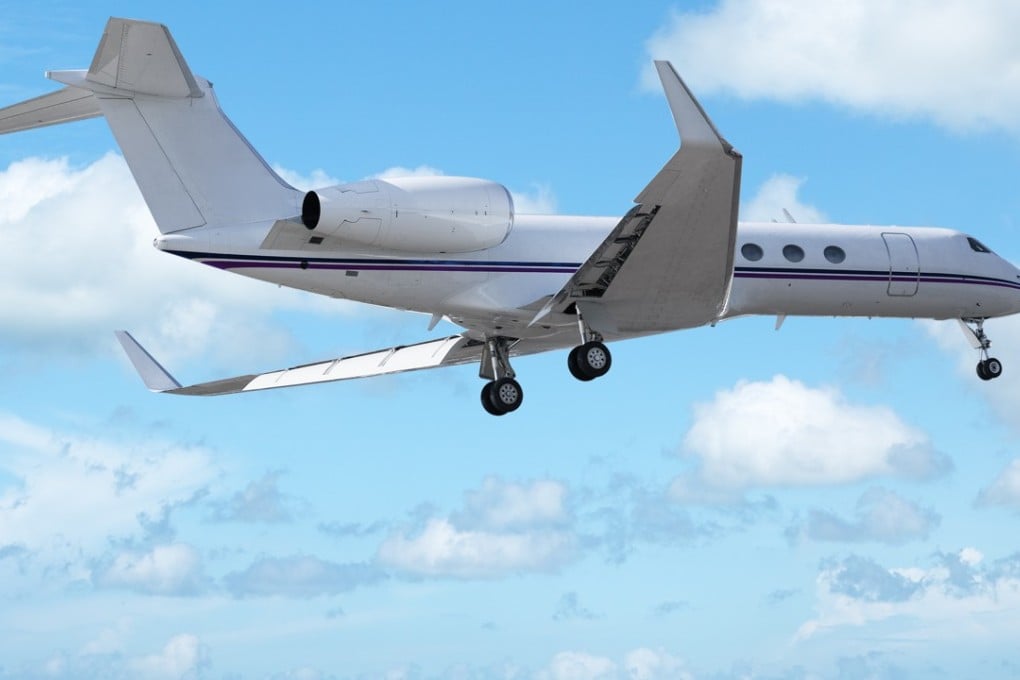Why the business elite are ditching their private jets and hiring them instead

It’s the ultimate first-world problem: should I buy a private jet or hire one?
According to people in the industry, there is a seismic shift among the super-rich business elite towards the latter.
And that should be seen as a “wake-up call” to private-jet operators, according to Thomas Flohr, founder and chairman of VistaJet.
“Stop buying air planes, just buy the hours you need. It is part of a big trend towards a shared economy globally,” said Flohr. “It’s a wake-up call that needs to be very loud and clearly communicated: that it is a corporate waste to buy an air plane.”

More clients are realising that the cost of chartering a private jet is not too much higher than travelling first class
The fractional segment is largely the domain of traditional operators like Warren Buffett’s NetJets, whereas the per-flight market is finding itself increasingly disrupted by a growing number of young, aggressive players – like VistaJet.